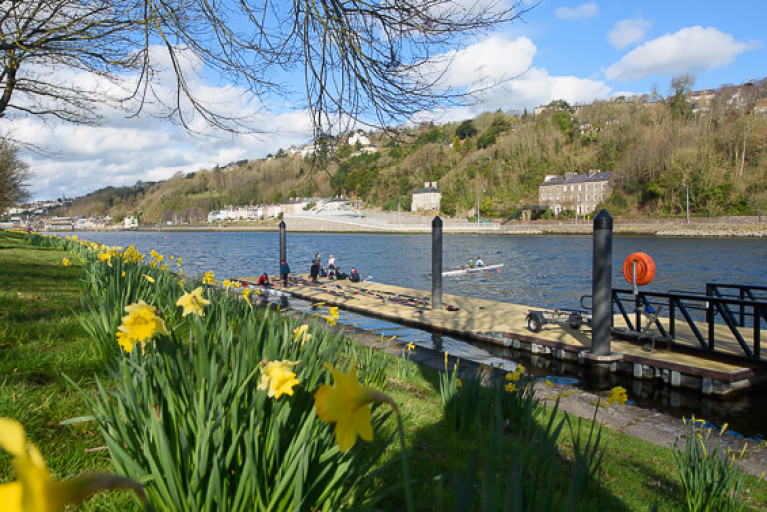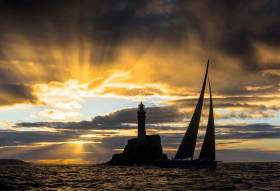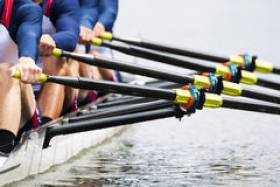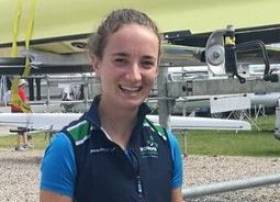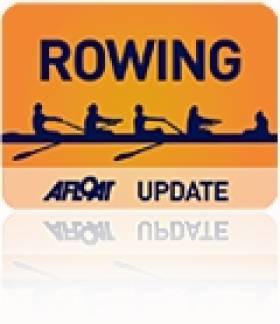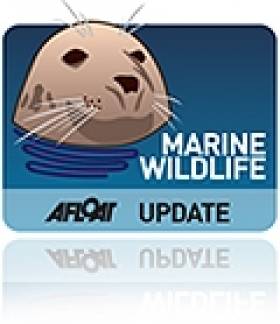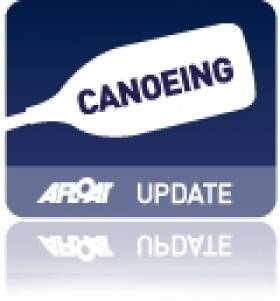Displaying items by tag: postponed
Cork Head of the River Rowing Postponed until March 7th
The Cork head of the river rowing event due to be held this Saturday at the Marina in the city has been postponed. The committee decided on this course of action because of the bad weather forecast for this weekend.
“Due to the adverse weather forecast for this weekend, and after getting approval from the Domestic Events committee in RI, Cork City Regatta Committee have decided to postpone Cork Head to the following weekend, Saturday March 7th, in the interests of safety. Under Rowing Ireland rules, the draw remains in place as is," the organisers said in an email to clubs.
Postponed: Glenua Presentation “From the Aegean to the Fastnet Race 2017"
#CoastalNotes - “Even Dermot Cronin, just home from competing in the 2018 Caribbean 600 in stormy conditions more typical of the Fastnet Race, can’t compete with “The Beast from the East”!
Consequently, the weather forecast for tomorrow (Thursday 1 March) has forced Glenua to postpone his presentation in Dublin entitled: “From the Aegean to the Fastnet Race 2017-Trom agus Éadrom”, scheduled for that night.
It will take place a week later, that is, Thursday 8 March, at Poolbeg Yacht & Boat Club, Ringsend at 8pm.
There will be an entry fee of €5 in aid of the RNLI.
Tribesmen Off and St Michael's Moves Because of Weather
#Rowing: The Tribesmen Head of the River, set for Lough Rynn on Saturday (February 10th) has had to be called off because of a forecast of rain and gale force gusts of wind. The organisers hope to hold a deferred event in March.
The weather has caused a change in venue for another event. Flooding at O’Brien’s Bridge has forced the organisers of the St Michael’s Head of the River on February 24th to move it to the St Michael’s club on O’Callaghan’s Strand in Limerick.
Cork Sculling Ladder Action Postponed
#Rowing: Competition in the Cork Sculling Ladder has been postponed this weekend because of the forecast of bad weather. The organisers have chosen Sunday, October 29th, as the date for the next action in the event. Jack Dorney of Shandon and Margaret Cremen of Lee top the rankings after the time trials.
Ireland Crews Wait As Weather Forces Rowing Cancellation
#Rowing: The Olympic rowing programme for today, Sunday, has been postponed. The strong crosswinds disrupted a number of races on Saturday and left the Serbian men's pair in the water after a capsize. Ireland single sculler Sanita Puspure had complained about the conditions, saying the boats would not be put out to train in such difficult waters. Two Ireland boats, the women’s lightweight double of Sinead Lynch and Claire Lambe and the men’s lightweight double of Paul and Gary O’Donovan were due to compete in their first race today, but must now wait.
Rowing Hit by Weather Again as St Michael's Head Postponed
ROWING: The St Michael’s head of the river, which was to be held this Saturday, February 1st, has been postoned for three weeks. The organisers say that he forecast of “very severe” weather prompted the move. The rescheduled head will be on February 22nd. Plans to hold the Kerry and Sligo heads of the river also fell to poor weather earlier this month.
Irish Sea Conservation Zones Shelved Till 2013
#MARINE WILDLIFE - Some 14 Marine Conservation Zones in the Irish Sea are among the network of planned marine wildlife sanctuaries around the UK that has been postponed.
The Liverpool Echo reports that the UK Department for the Environment, Food and Rural Affairs (Defra) has shelved plans to create the conservation areas by the end of 2012 after pressure from "groups that use the coastline frequently including fishermen, yachting enthusiasts and seaside villagers".
There will now be a six-month delay while and impact assessment on the network of well over 100 proposed sites is presented to the British government.
As previously reported on Afloat.ie, conservation groups have raised concerns that fewer than a quarter of the proposed sites around the UK will receive official protection.
Liffey Descent Postponed Due To Lack of Water
The annual Liffey Descent canoe race has been pushed back by a month - due to a lack of water.
The Irish Canoe Union (ICU) announced that due to significantly low water levels in the ESB reservoirs that provide the flood for the race, the event has been postponed till 8 October.
Organisers said they were left with the "difficult decision" to either postpone the event or run the things as scheduled on 10 September without the flood.
“It is considered that the running of the race in the absence of the excitement generated by a flood would detract from its value as the premier Irish canoeing event," said a statement from the ICU.
The Liffey Swim has been an institution since 1960, atracting canoeists from around the world every September for the run from Kildare to Islandbridge.
The Irish Times has more on the story HERE.


























